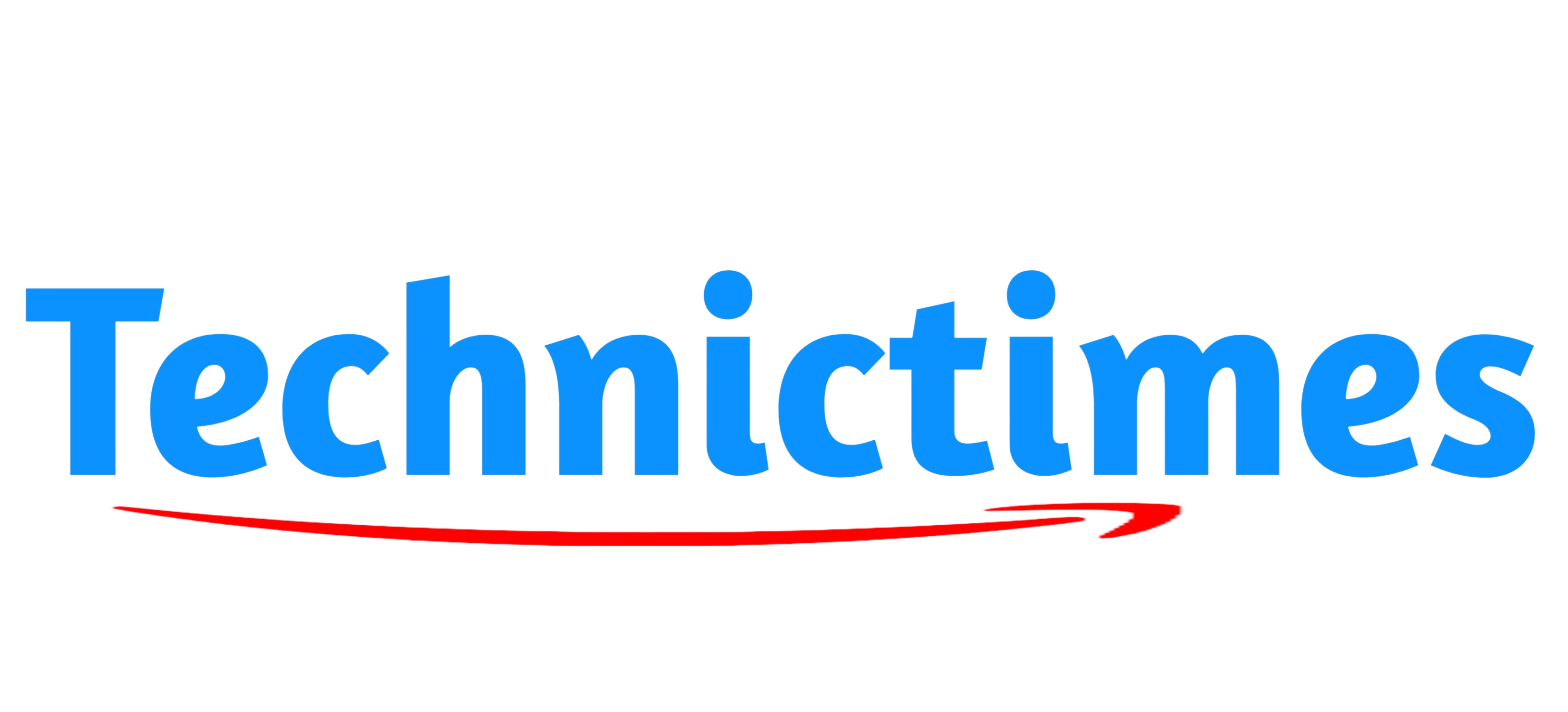When most people invest for the future, all they do is focus on their returns. But, it’s not all about how much you can make, financial adviser D. Paterson Cope says; you need to focus on how much of those returns you will get to keep after taxes.
All investors should learn how to reduce their tax liability so they can keep more of the money they work hard to earn. Below are some ways you can do that.
Invest in IRAs
Both Traditional and Roth IRAs offer tax advantages to investors. With a Traditional IRA, you’ll invest money on a pre-tax basis, allowing you to defer the tax liability until you take distributions. In many cases, this will allow investors to delay their tax liability for a few decades.
Roth IRAs work the opposite way. You’ll invest in them with post-tax money, which allows your earnings to grow completely tax free. When you take distributions from a Roth IRA, you won’t pay taxes, since you were already taxed on that money.
Sign Up for an Employer-Sponsored 401(k)
There are many benefits to signing up for an employer-sponsored 401(k). If your employer offers a match on a percentage of your contributions, you can basically get free money added to your investments.
In addition, if you contribute to a traditional 401(k), that money will be invested before taxes. This gives you the same benefits as a Traditional IRA, but also lowers your taxable income at the same time.
So, for example, if you earn $1,000 per paycheck and contribute 4% to your Traditional 401(k) plan, you will only be taxed on $960 of income.
Hold Your Investments
If you’re investing outside of IRAs and 401(k) plans, you could be subject to capital gains taxes based off the performance of your funds. However, there is a major loophole to this tax rule: You’re only taxed on capital gains that you actually realize. That is, you’re only taxed on capital gains when you sell an investment.
One effective strategy to avoid paying these taxes is to hold onto your investments for a long period of time. There is no set period of time when you have to sell investments, meaning you can continue to defer capital gains taxes for however long you wish.
Allocate Your Assets
Unlike capital gains, you’re taxed on almost all cash distributions and dividends in the year in which you receive them. As such, D. Paterson Cope says you can allocate your assets in a way that would allow you to lower the taxes you are liable for on dividend-earning accounts.
You may decide to have your dividend stocks in an IRA instead of a brokerage account that would be subject to normal taxes, for example. This would allow you to at least take advantage of some of the tax benefits the IRA provides, ultimately reducing your tax liability on those accounts.
About D. Paterson Cope
D. Paterson Cope, CFP® is the founder and CEO of Cope Private Wealth, a financial planning and wealth management firm specializing in assisting retirees and people who are about to retire. D. Paterson Cope has been providing financial advice for more than 30 years. He first earned the designation of Certified Financial Planner (CFP) in 1997. When he isn’t working, he enjoys spending time with his wife, Jennifer Miree Cope, and the rest of his family in Mountain Brook.

